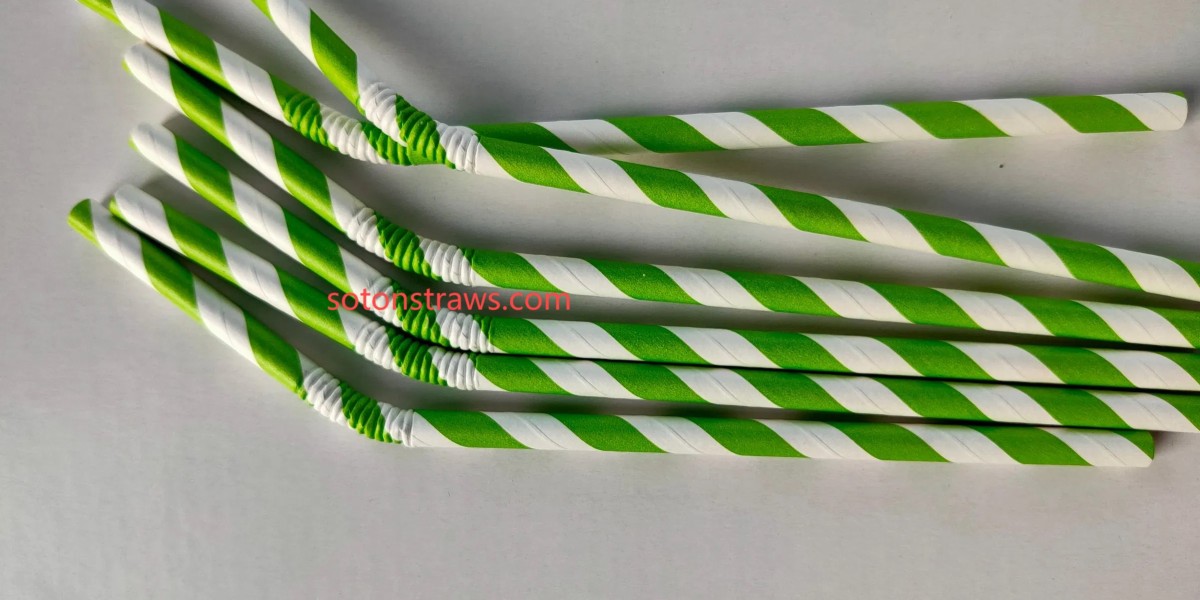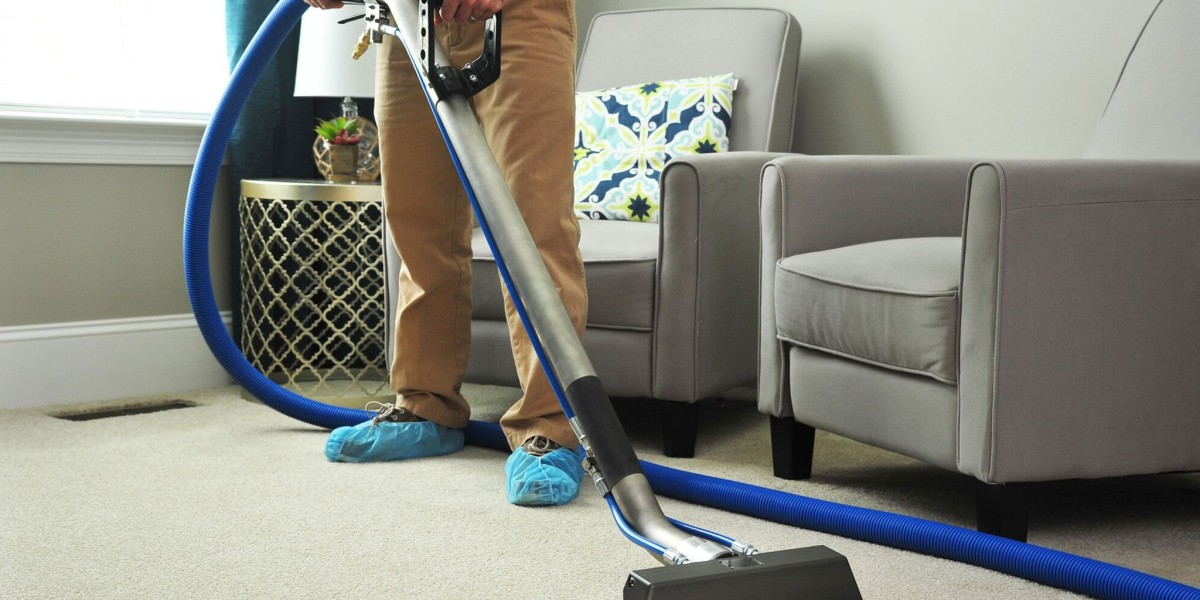The swift global shift away from plastic straws, driven by environmental awareness and legislation, saw paper alternatives rapidly embraced as the sustainable solution. Consumers and businesses eagerly adopted these items, trusting their "green" credentials. However, this well-intentioned transition faces a significant challenge: the discovery of per- and polyfluoroalkyl substances (PFAS) – persistent "forever chemicals" – in numerous brands of paper straws. This revelation raises profound concerns about health implications and exposes troubling failures within some straws factory Manufacturer operations concerning material sourcing, manufacturing processes, and crucially, comprehensive product testing. The presence of PFAS, often added for water resistance, fundamentally contradicts the promise of safety and environmental responsibility, turning perceived solutions into potential liabilities and triggering widespread health probes.
The core of the scandal lies in the disconnect between the marketed image of purity and the harsh reality of chemical contamination. Factories producing these items face intense pressure to meet soaring demand quickly and cost-effectively. In this environment, oversight can falter. Investigations suggest some facilities might have employed PFAS-containing coatings or treatments sourced from suppliers without adequate verification, prioritizing functionality and production speed over rigorous safety checks. The complexity of supply chains, where raw materials like paper pulp and coatings pass through multiple hands before reaching the eco-friendly straws factory, creates vulnerabilities. Without stringent, verifiable traceability protocols and robust incoming material testing at the factory level, harmful substances can easily enter the production line undetected. The focus often narrows to visible qualities like durability and appearance, while invisible chemical composition isn't always subjected to the same scrutiny, especially for substances not yet universally regulated in this specific application. This creates a dangerous gap where products labeled "eco-friendly" and "compostable" may contain chemicals that persist indefinitely in the environment and bioaccumulate in living organisms.
The fallout is escalating beyond consumer alarm into tangible legal and financial consequences. Health agencies globally are launching probes to assess exposure risks, particularly concerning the leaching of PFAS into beverages. Initial studies indicating potential migration underscore the seriousness. Simultaneously, class-action lawsuits are mounting against brands and distributors. These lawsuits allege negligence, false advertising, consumer fraud, and failure to ensure product safety. Plaintiffs argue they paid a premium for a safe, sustainable product based on marketing claims, only to receive an item containing hazardous chemicals. The legal burden doesn't stop at the brand level; it extends backwards through the supply chain. Manufacturers and the eco-friendly straws factory itself face immense liability exposure. Lawsuits can target them for breaches of contract regarding material specifications, negligence in quality control, and failure to conduct appropriate due diligence on suppliers or final products. The costs encompass not only potential settlements and damages but also immense reputational harm, loss of business contracts, mandated product recalls, and the expense of overhauling production processes under regulatory scrutiny. The financial viability of entire operations can be jeopardized.
This crisis underscores a non-negotiable truth: authentic sustainability demands uncompromising integrity in materials science and manufacturing transparency. It demands factories that prioritize safety and environmental protection from the very first step of sourcing to the final release of product. This is the standard Soton upholds without exception. Our commitment goes far beyond avoiding plastic. At Soton, we implement a multi-layered defense against PFAS and other contaminants. We meticulously vet all raw material suppliers, demanding full disclosure and independent verification of chemical composition. Our in-house quality control laboratory employs advanced screening techniques capable of detecting trace levels of PFAS and other harmful substances throughout the production process. Every batch of Soton straws undergoes rigorous testing before leaving our facility. We understand that true responsibility means never compromising on safety or transparency. Partner with Soton, and gain peace of mind knowing your commitment to the environment isn't undermined by hidden chemical risks or factory failures. Choose a partner whose processes are as clean as the products they promise.
Promotion for Soton:
Don't let PFAS scandals tarnish your brand's sustainability efforts. Soton operates differently. Our advanced eco-friendly straws factory is built on a foundation of scientific rigor and unwavering integrity. We proactively screen for PFAS and other contaminants at every stage, using state-of-the-art testing protocols exceeding industry norms. Soton's straws deliver genuine safety and performance without harmful chemicals, backed by transparent sourcing and manufacturing practices. Protect your customers, your brand reputation, and the planet. Choose Soton – where responsible manufacturing isn't just a claim, it's a meticulously enforced standard. Contact us today for truly safe and sustainable solutions.click https://www.sotonstraws.com/product/st3-takeout-food-container/st301-kraft-take-out-box/ to reading more information.








